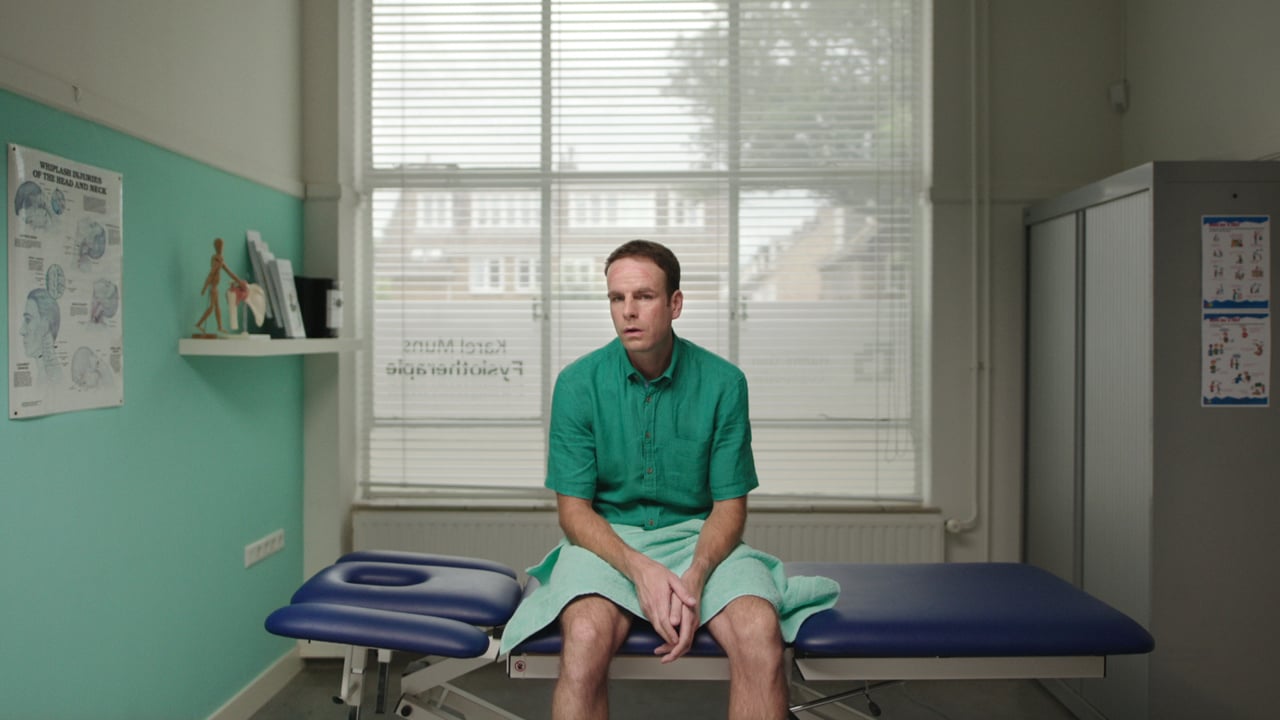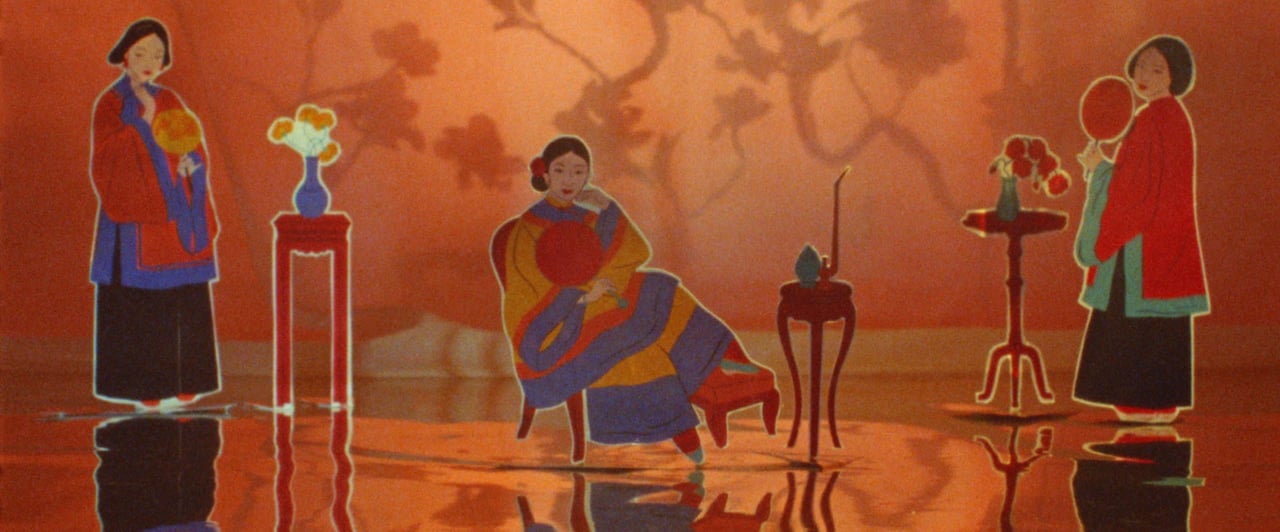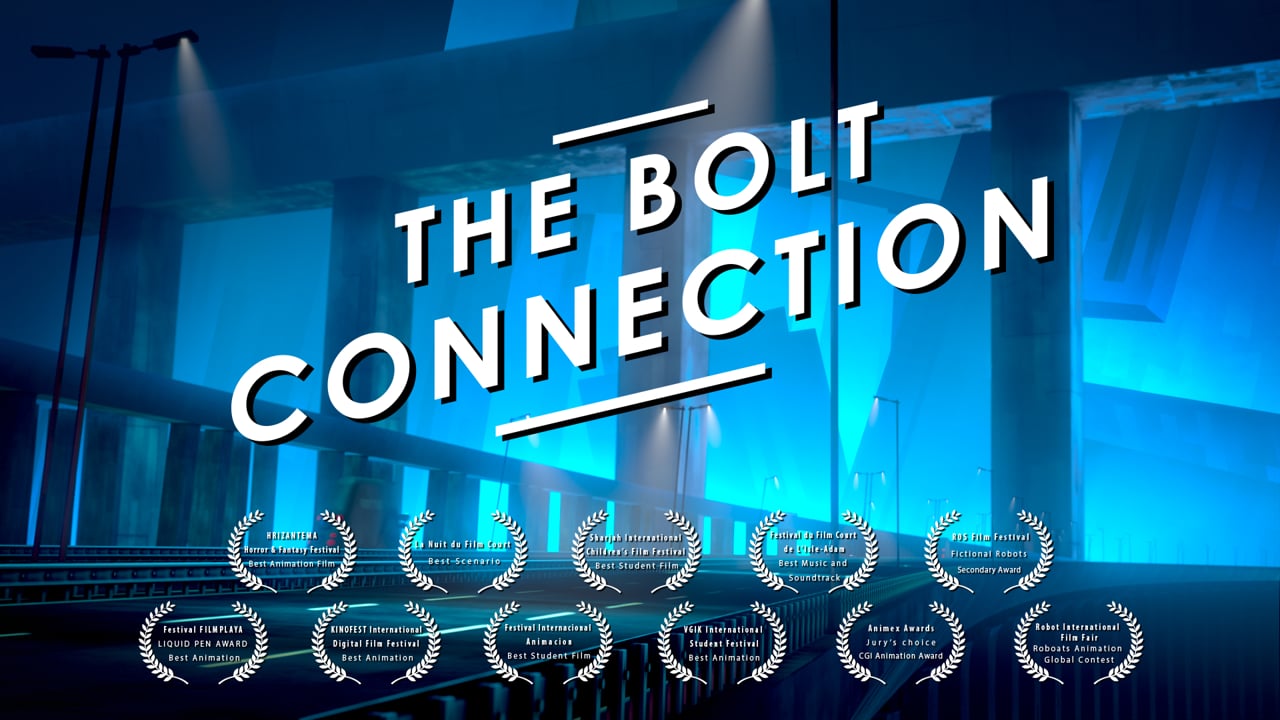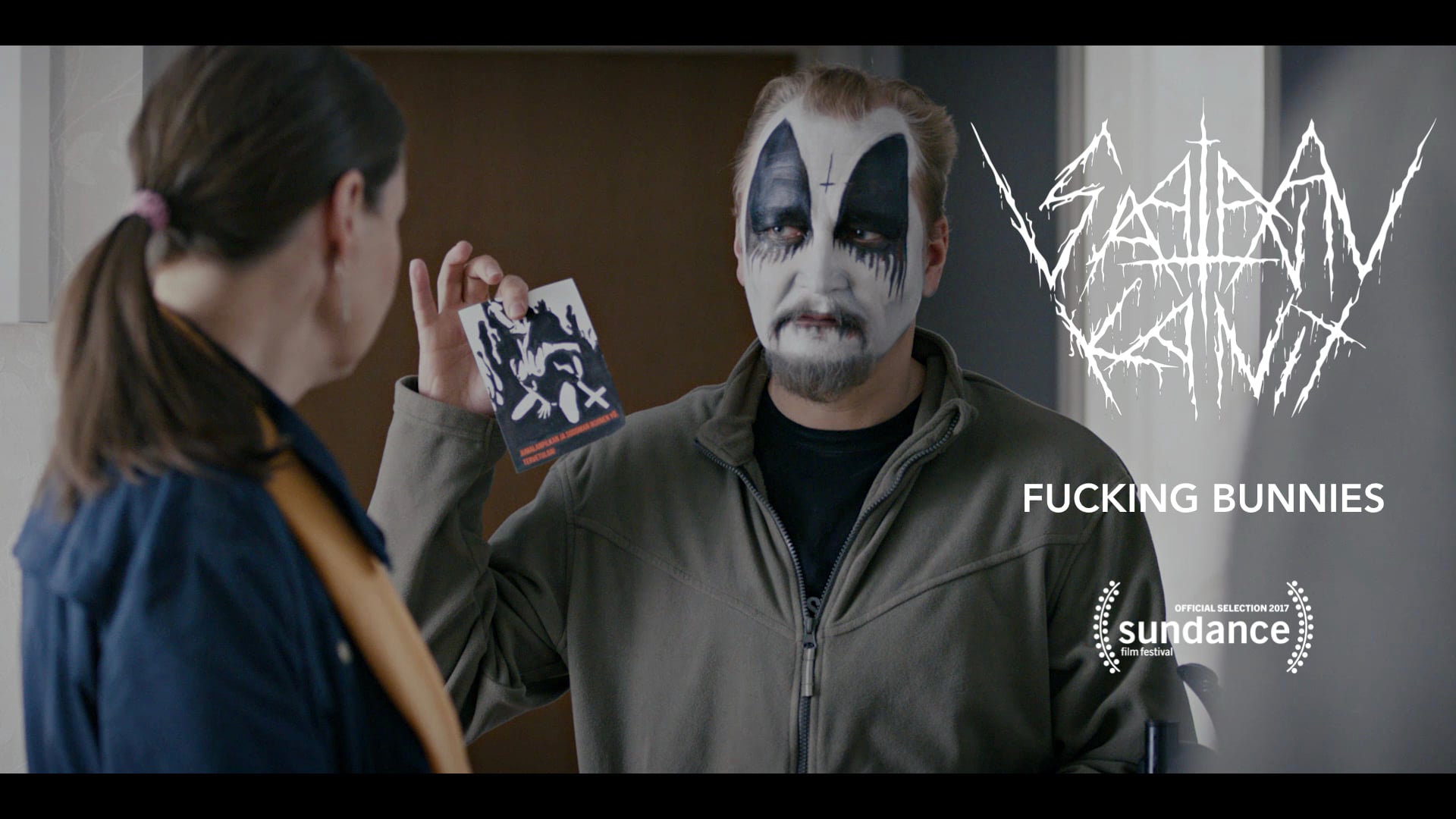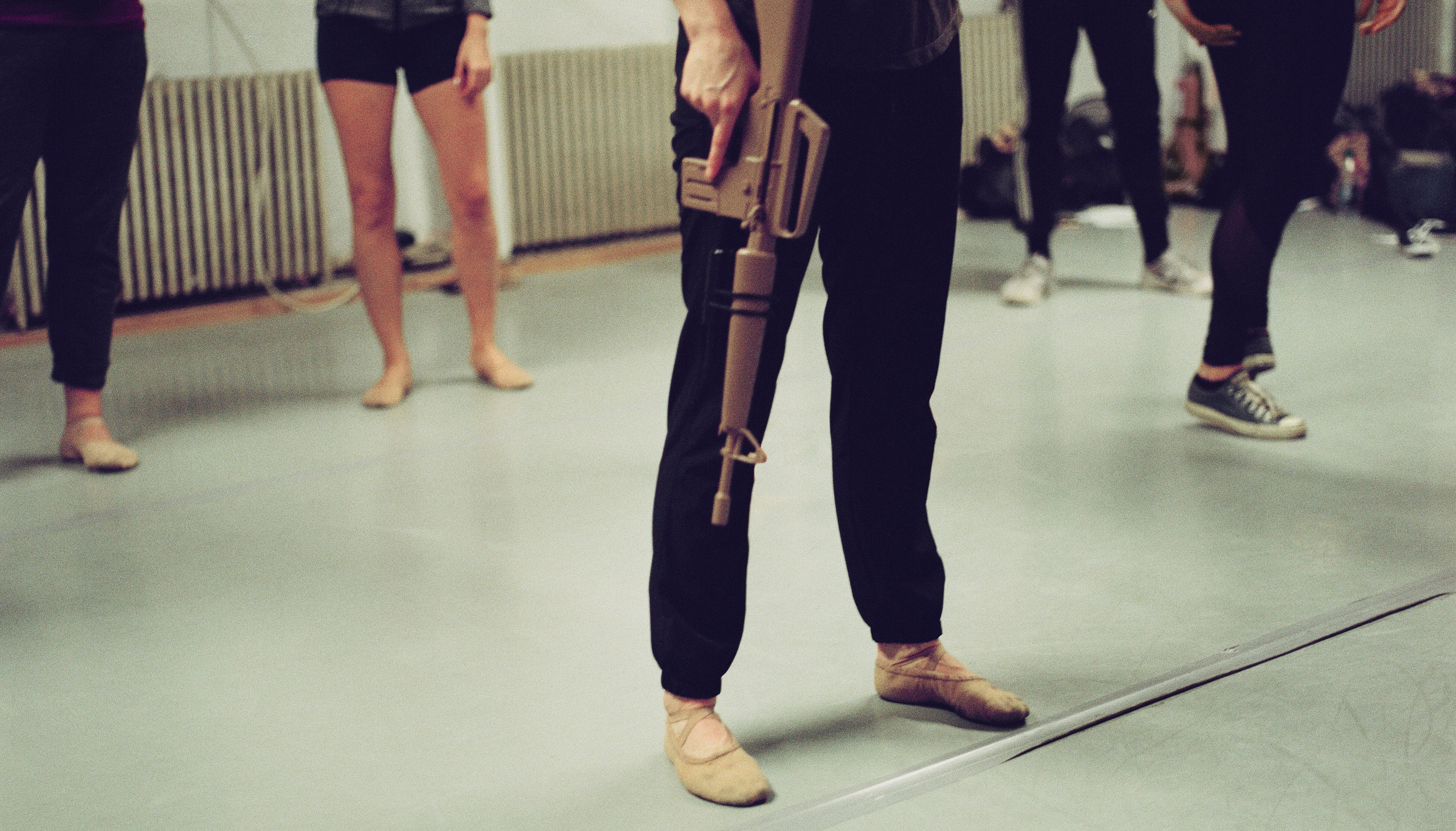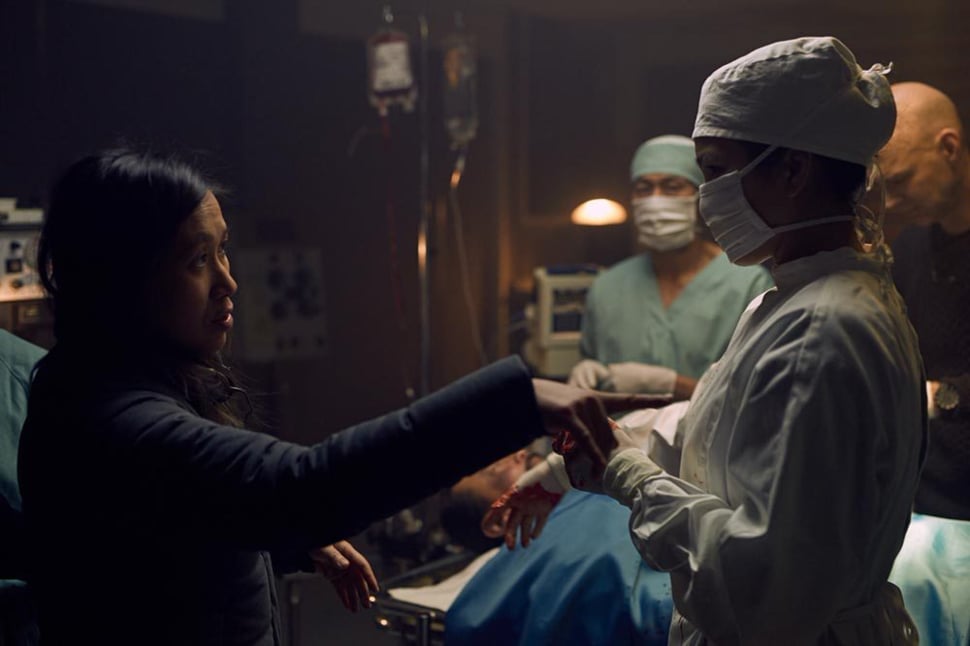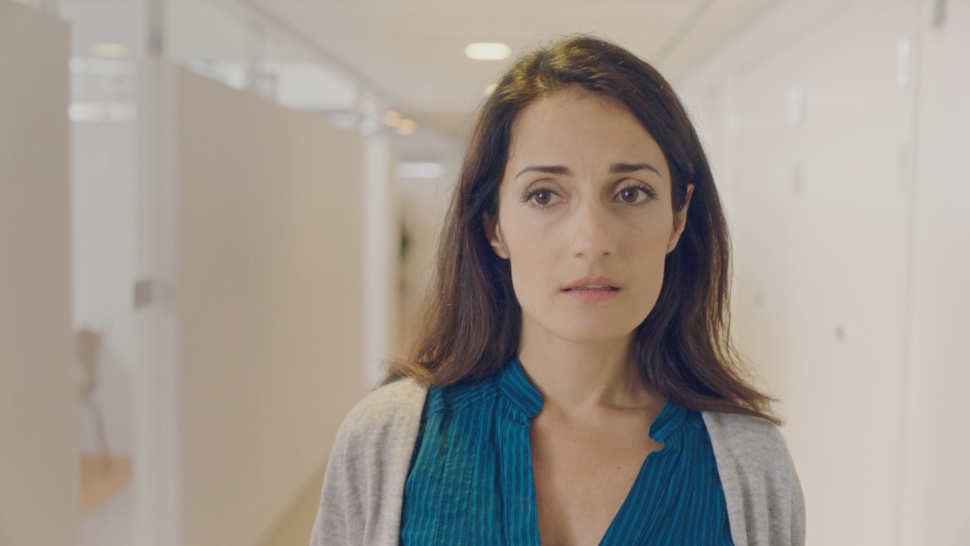
What’s invisible to the eye, but capable of dividing entire countries? It can ignite the fire of a political campaign like gasoline to a flame, but when defined simply, is all about being courteous to others. Coined by the American New Left in the 1970’s and remaining an obscure expression until the late 20th century, the term “politically correct” is defined as “language, policies, or measures that are intended to avoid offense or disadvantage to members of particular groups in society.” And although it can be the topic of heated debate between right and left-wing political candidates, it’s also capable of causing rifts in board rooms, on elevators, and at kitchen tables. “PC culture” can strike such sensitive nerves that sometimes those who accuse peers of using discriminatory language can be considered the bad guy. Even though political correctness is a major part of our global lexicon meant to encourage peace and equality, complicated feelings around it are capable of causing the very opposite.
Such is the topic of today’s Staff Pick Premiere, “The Turk Shop.” A curation team favorite at Sundance this year, Swedish filmmaker Bahar Pars’ short sparks a conversation about how our intense desire to speak neutrally can muddle the sentiment behind it. Pars elaborated on the inspiration behind this piece: “The idea came from my own experiences of living as a person of color in Sweden, and the micro-aggressions you’re exposed to as a person of color. Somehow it’s now easier to become the villain if you point out that a certain use of language is racist, than if you are actually the person who says something racist. I found that very interesting and wanted to explore that…”
When a new employee named Asal overhears her colleague, Cecilia, refer to a turkish-owned store as a “turk shop,” she gently suggests that talking about a business by the ethnicity of the people who own it may not be the best description. A taken aback Cecilia responds in a way that isn’t uncommon when an unsuspecting person is confronted with the idea that they may have made an offensive mistake: “I didn’t mean anything. It’s just something people say.” What follows Ashal and Cecilia’s exchange is a flurry of conversations in the office about whether it’s socially acceptable to use seemingly derogatory terms if a member of its targeted ethnic or racial group uses it (“Mehmet says ‘turk shop’ all the time, and he’s Turkish.”) and how the embarrassment of being called a racist can simmer into anger towards the person who called them out in the first place. Pars elaborated:“The truth is, calling people “PC” has always been a way for racists and sexists to keep on using violent language and kill the discussions that really have to do with civil rights. I don’t think we talk about political correctness in the same way in Sweden [as opposed to the United States] though, there are people who would proudly say they’re PC, and there are people who advocate a political correctness. At the end, PC has never been about making everyone think the same way. It’s actually about being respectful to one another. To create a safe society where we’re kind to each other. Quite simple, really.”
Perfectly awkward performances from its cast and smartly written, realistic dialogue make “The Turk Shop” a must-see for any person who has ever found themselves participating in a discussion about the hot button topic of what is wrong and what is right to say, when the conversation should really be about how to dismantle the racist and sexist structures that lead to inequality. As Pars explained further:“The discussion about what is right and wrong has been lifted, and the awareness of the impact and power of using certain words. Many in my audience do not see themselves as being racist but now understand that one can participate in a racist structure without actually being aware of it. The hierarchy in work places is subtly illuminated in the movie. I want them to leave the theatre being aware of the power they have to change the structures. But also to be aware of how powerful the use of language is…. This is what i believe is a starting point to make a change in every individual. To be be aware of the power that words can bring is the start.”
Check out more of Vimeo’s Staff Pick Premieres here.

